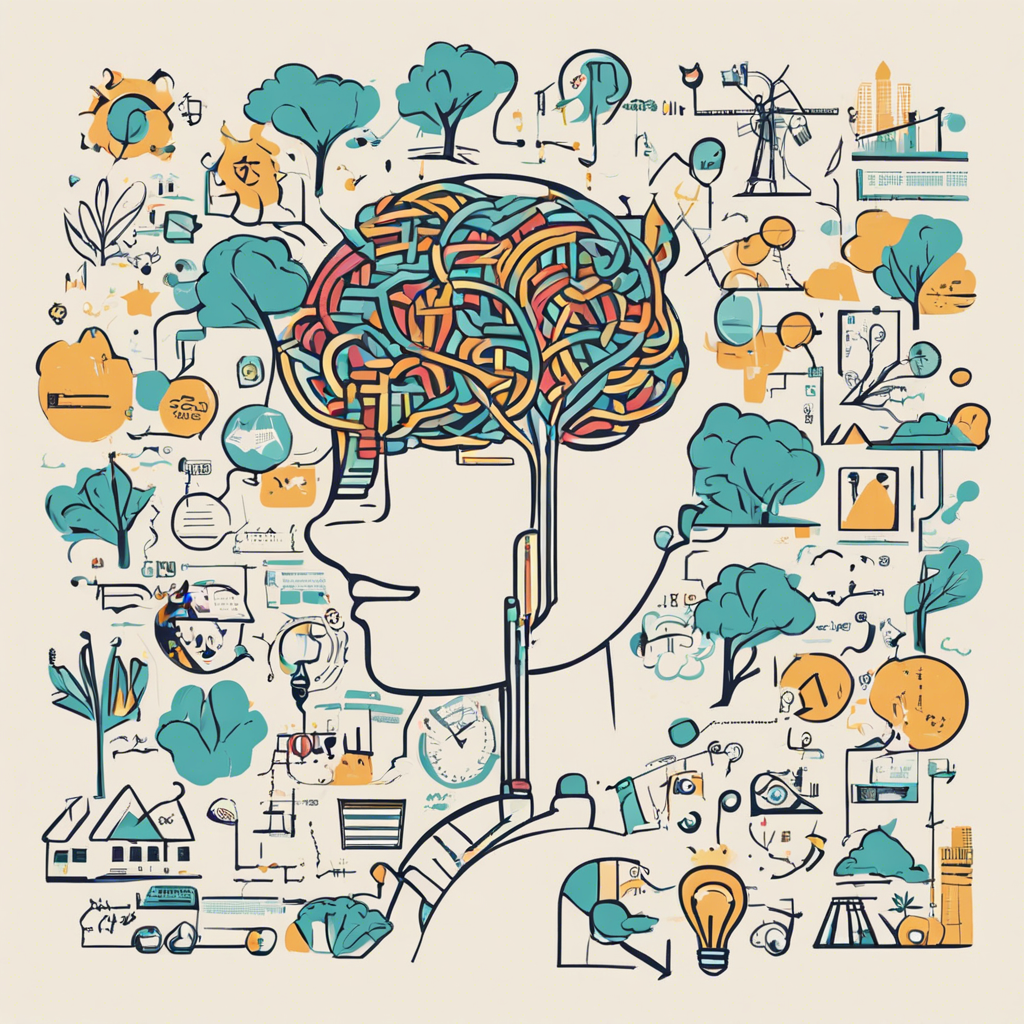In a world where we are constantly chasing the next goal or striving for more, it’s easy to lose sight of the things we already have. This is where the power of gratitude comes in – by practicing daily appreciation, we can transform our lives and find greater happiness and fulfillment.
Research has shown that expressing gratitude can have a profound impact on our mental and physical health. It helps us cultivate a positive outlook, build stronger relationships, and even improve our sleep and heart health. Taking a moment each day to reflect on the things we are thankful for can shift our focus away from life’s stressors and towards the abundance that surrounds us.
One simple way to practice gratitude is to keep a journal by your bedside. Before going to sleep, jot down a few things that went well during the day or moments that brought you joy. It could be something as simple as a delicious cup of coffee or a heartfelt conversation with a friend. By doing this, you train your brain to scan your environment for the positive, helping you feel more grounded and content.
Another way gratitude can transform your life is by improving your relationships. When we express our appreciation to others, it deepens our connection and makes them feel valued. Whether it’s a thank-you note, a heartfelt message, or simply telling someone how grateful you are for them, these acts of gratitude can strengthen our bonds and create a sense of mutual respect and care.
Gratitude also has the power to improve our mental resilience. When faced with challenges or setbacks, taking a moment to reflect on our blessings can give us a different perspective and help us bounce back faster. It reminds us that even in difficult times, there are still things in our lives worth appreciating, and this sense of perspective can be a powerful tool for coping with stress and anxiety.
Practicing gratitude is not just about saying thank you; it’s a mindset that can change the lens through which we view our lives. It helps us notice and appreciate the little moments of joy that might otherwise be overlooked. So, start cultivating a gratitude practice today – whether through journaling, meditation, or simple mindful reflection – and watch as a sense of contentment and gratitude transforms your life.
The benefits of gratitude are far-reaching and scientifically proven. Numerous studies have linked gratitude to improved mental and emotional well-being. For example, a 2003 study by Robert Emmons, a leading gratitude researcher, found that participants who kept a gratitude journal reported higher levels of positive emotions and life satisfaction.
Additionally, gratitude has been shown to have a positive impact on our social relationships. When we express gratitude to others, it strengthens our bonds and fosters a sense of connection and trust. This, in turn, can lead to improved social support, which is associated with a range of benefits, including better health outcomes and increased happiness.
Gratitude also has the power to improve our physical health. A 2015 study found that participants who wrote gratitude letters reported better sleep, with higher quality and duration, compared to those who didn’t write the letters. Additionally, grateful people tend to engage in healthier behaviors, such as regular exercise and better dietary choices, which can contribute to improved overall health and well-being.
For those struggling with negative thought patterns or mental health issues, gratitude can be a powerful tool for reframing one’s perspective. It helps shift the focus away from the negative and towards the positive aspects of life, fostering a sense of hope and optimism. This can be particularly beneficial for managing conditions such as depression, anxiety, and stress-related disorders.
One effective way to cultivate gratitude is through meditation. Gratitude meditations typically involve reflecting on the people, experiences, or things in your life that you are thankful for. This practice helps to slow down racing thoughts and brings your attention to the present moment, allowing you to savor the feelings of gratitude more deeply.
When it comes to practicing gratitude, there are no rules or limitations. It can be as simple as pausing to appreciate a beautiful sunset or taking a moment to thank the barista who made your coffee. By integrating gratitude into your daily life, you train your brain to adopt a more positive and mindful outlook, helping you navigate life’s challenges with greater resilience and contentment.
So, how can you make gratitude a daily habit? Here are a few simple tips: first, try to incorporate gratitude into your existing routines, such as mealtimes or your bedtime routine. You could also set reminders on your phone or use a gratitude app to prompt you to reflect on the things you’re thankful for. Additionally, look for opportunities to express your gratitude to others, whether it’s through words, actions, or small gestures of appreciation.
Finally, remember that gratitude is a practice, and like any practice, it takes time and consistency to reap the full benefits. So, be patient with yourself and embrace the journey towards a more grateful and fulfilling life. The power of gratitude lies in its ability to transform our perspective and help us find contentment and joy in the present moment – so why not give it a try and see the changes it brings to your life?










